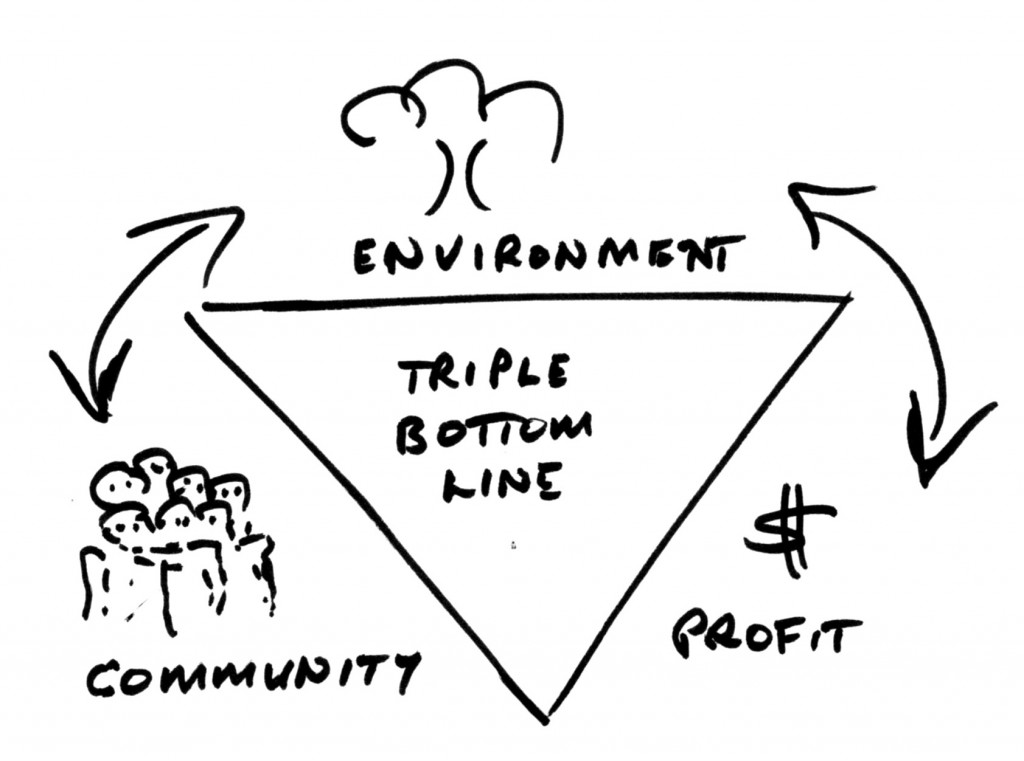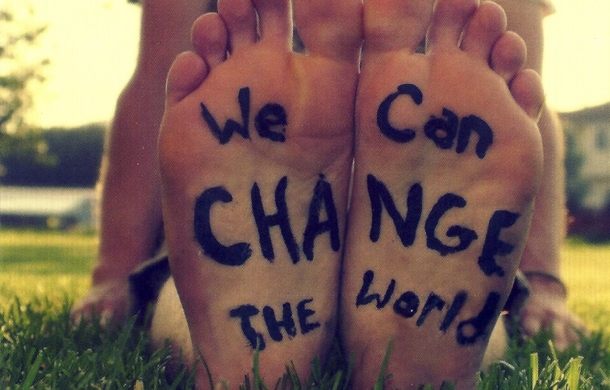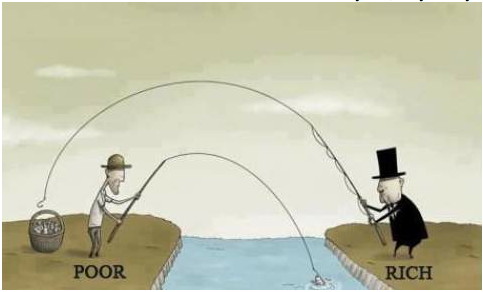Social entrepreneurs view problems in a different perspective, whilst governments and companies view it as unprofitable, they view it as a opportunity and potential profitability. There are different aspects of profitability, the majority view it financially; social entrepreneurs find their fulfilment in making the world a better place. The major difference between United Nations and social entrepreneurs is that one solve problems in the macro scale, carbon emissions by countries, peace treaties, potential war treats. However the other solves problems in the micro level.
Social entrepreneurs have the vision of applying business concepts in aiding society, areas where the government have abandoned. Success stories such as micro finance brought families out of poverty, making them entrepreneurs by providing them credit that was previously never available for their income group. The believe in bringing people out of poverty has dramatically increased the amount of social entrepreneurs that are actively providing for society. Acting in numbers is always better than executing it yourself; hence the network of social entrepreneurs have brought new heights to vast ideas being shared throughout the world. What caught me the most is the concept of transferability, business application in social entrepreneurship could be transferable and applied in a different country, no matter if its a first world nation or a developing country.
Therefore, businesses should recognise social entrepreneurs and partner with them to catalyse the benefits of social entrepreneurship. Hence, sharing the vision of building a sustainable society.
http://skollworldforum.org/about/what-is-social-entrepreneurship/







 After reading Amy Porterfield’s blog, “should I use click bait to increase engagement on facebook?” ,it changed my perception about the concept of social media network. Facebook was originally design as a social platform for friends and people around the globe to be connected and updated with current events. However the trend of companies adapting social media marketing has increased over the years, implementing advertisements over social behaviour or by referring the user to pages that their friend has recently viewed. Companies are developing different techniques to attract their target audience such as advertisements on gaming apps where the player has to view the advertisement before being allowed to advance into the game.
After reading Amy Porterfield’s blog, “should I use click bait to increase engagement on facebook?” ,it changed my perception about the concept of social media network. Facebook was originally design as a social platform for friends and people around the globe to be connected and updated with current events. However the trend of companies adapting social media marketing has increased over the years, implementing advertisements over social behaviour or by referring the user to pages that their friend has recently viewed. Companies are developing different techniques to attract their target audience such as advertisements on gaming apps where the player has to view the advertisement before being allowed to advance into the game.